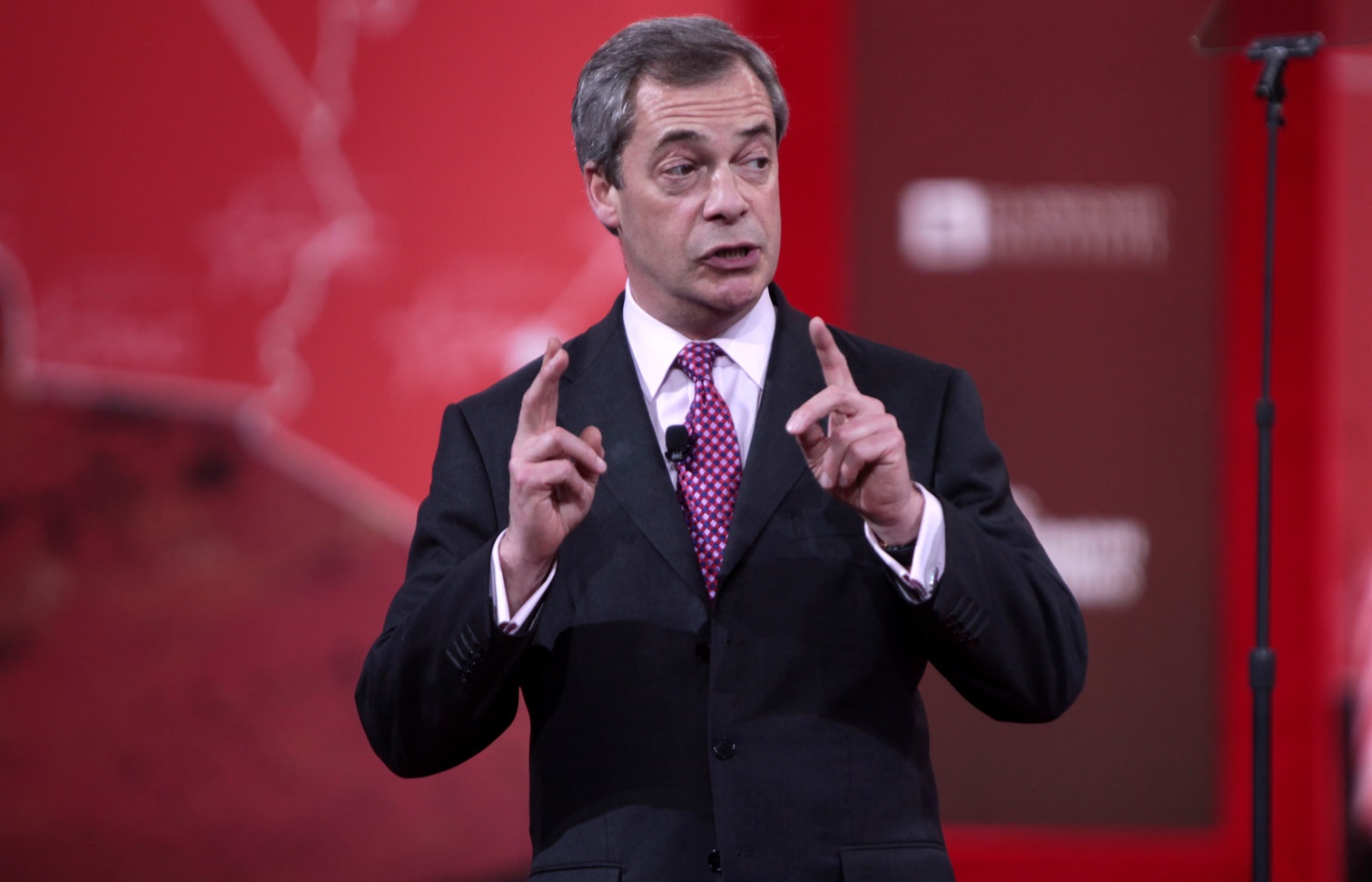
Appearing on BBC Breakfast, United Kingdom Independence Party (UKIP) leader, Nigel Farage, has claimed that Christians ought to be given preferential treatment when seeking asylum in the UK. Mr Farage has argued that we ought to accept a few thousand Christians as they are a persecuted minority with nowhere else to go, however those who are not Christian can reside elsewhere. The British Humanist Association (BHA) has called the UKIP leader’s comments ‘irresponsible’ at a time when people from many religious backgrounds and those from none are facing persecution and for all applicants for asylum to be considered fairly, regardless of religion or belief.
The current refugee eligibility criteria do not reference any specific beliefs, and the asylum process is equitable and non-discriminatory in this regard. The Foreign and Commonwealth Office (FCO) have consistently supported the right to freedom of religion or belief domestically and internationally, including the right to have no religious beliefs at all. The British state has a long history of offering asylum to those fleeing conflict and persecution in their country of origin, irrespective of their particular beliefs or characteristics, which has survived governments spanning the entire left-right political spectrum.
Globally, 19 countries punish their citizens for apostasy – leaving a faith – and in 12 of these countries, it is punishable by death. In addition to this, blasphemy is a crime in 55 countries, with 39 conferring prison sentences on the ‘crime’ and in six it is punishable by death. The British Humanist Association (BHA) and its international partners, such as the European Humanist Federation (EHF) and the International Humanist and Ethical Union (IHEU) have campaigned on behalf of non-religious people who have faced extreme retribution, including humanist bloggers being murdered in Bangladesh and as well as Raif Badawi, who is currently serving a prison sentence in Saudi Arabia where he faces weekly lashings, on the charge of insulting Islam.
The BHA promotes the equal treatment of all under law and policy, irrespective of belief, and supports non-discrimination in all aspects, including in asylum and refugee policy.
BHA Director of Public Affairs and Campaigns Pavan Dhaliwal commented: ‘Nigel Farage’s comments are irresponsible and fail to cohere with the conviction of governments, past and present, spanning all political affiliations, that asylum ought to be granted on the basis of need, rather than offering preferential treatment to people who have particular beliefs.
‘Asylum seekers are legally entitled to a fair and equitable process of determining their eligibility for refugee status, and the proposition that only Christians ought to be given priority in this regard is wrong.
‘It is true that many Christians around the world today face extreme discrimination and their plight must be addressed by the international community. But given the global plight of the many other religion and belief communities globally, it is patently false to suggest that Christians are the only persecuted group worthy of asylum with nowhere else to turn to, and is therefore irresponsible and morally wrong.’
Notes
For further comment or information, please contact BHA Director of Campaigns and Public Affairs Pavan Dhaliwal on pavan@humanists.uk or 07738435059.
Read IHEU’s Freedom of Thought Report: A Global Report on Discrimination Against Humanists, Atheists and the Nonreligious: http://freethoughtreport.com/
The British Humanist Association is the national charity working on behalf of non-religious people who seek to live ethical and fulfilling lives on the basis of reason and humanity. It promotes a secular state and equal treatment in the law and policy of everyone, regardless of religion or belief.
